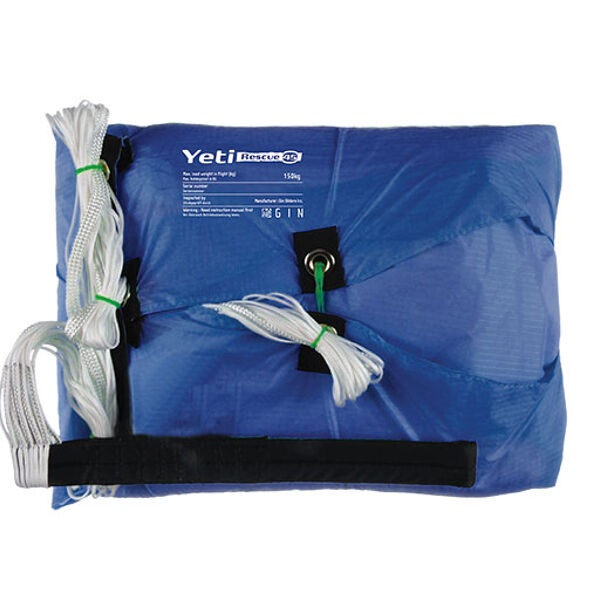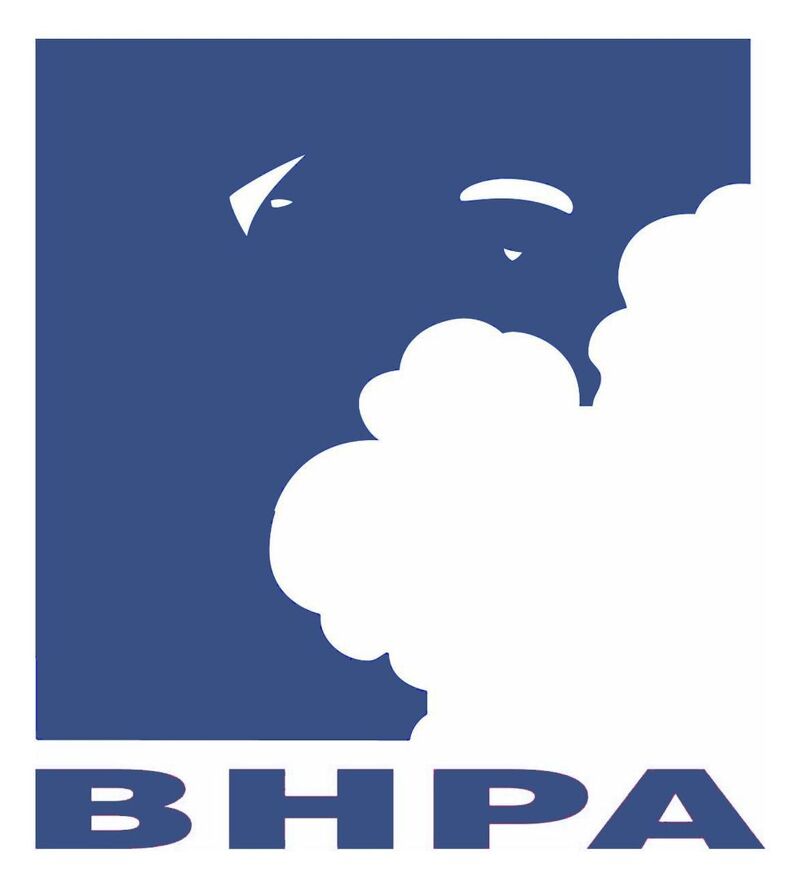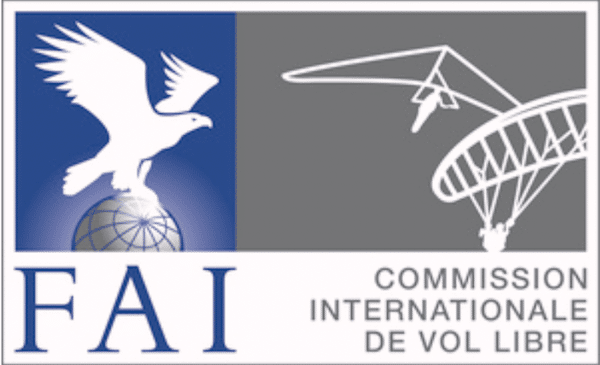Ozone Spyder 3
Ref. #244
New for June 2019 Spyder 3 maximum safety without compromising performance
| Location | Fee (per item) |
|---|---|
| Collection (Spain) | £0.00 |
| UK | £0.00 |
| £25.00 | |
| Europe | £0.00 |
| Europe | £30.00 |
Please complete your purchase or empty your basket before continuing.
was £3,500.00
New to Paramotoring - Going lightweight
Whether you are a beginner learning the sport, a weekend pilot progressing to bigger and better things or an experienced pilot who enjoys long XC flights, if you are looking for a lightweight wing with maximum safety without compromising performance, the Spyder 3 could be the ideal wing for you.
Paraglider pilots have long appreciated the benefits of lightweight equipment; smaller packing volume, easier portability and seriously improved inflation behaviour. Now, paramotor pilots are also benefiting from these desirable characteristics with lightweight wings now designed specifically for powered use. The Spyder 3 follows in the innovative footsteps of the Sirocco as a fully reflexed, light-weight paramotoring wing. Based on the successful Roadster 3 and weighing in on average 1.5 kg lighter (depending on size), the Spyder retains the same levels of comfort, performance, speed and stability but with noticeably better handling and ridiculously easy inflation behaviour, especially in nil wind. It is suitable for a wide range of pilots from beginners to experienced XC pilots alike who are looking for a safe and fun all-round wing.
Years of experience
The Spyder 3 incorporates the knowledge gained from the development of our lightweight paragliding range along with the experience of our world championship winning Paramotor design team. It is made from a hybrid mix of lightweight materials, intelligently employed in specific locations to optimise longevity and weight. Strong and UV resistant, Dominico N20D cloth is used in the critical leading edge area whilst the super light and long-proven Porcher Skytex 27gr is used in the rear part of the top surface and the entire lower surface. This use of lighter fabric does not necessarily reduce the lifespan - if well cared for, occasional pilots may not notice a difference relative to a standard wing.
Why carry more?
In use however the difference is obvious - paramotoring equipment is heavy and any weight saving makes a difference - pilots will notice it as soon as they get out of the car! The reduction in weight allows for easier manoeuvres on the ground, making the preparation process easier and less tiring. When ready to go the Spyder 3 is incredibly easy to inflate, requiring minimal riser inputs it rises off the ground and above the pilot’s head without resistance, even in nil wind. It can remain overhead in lighter winds than a standard wing and the take-off speed is generally lower, requiring less engine power and a shorter runway to become airborne.
The Spyder 3 features a Shark Nose Ozone Reflex Profile (OZRP) tuned specifically for powered flight. The Shark nose profile maintains a constant level of lift and internal pressure over a wide range of angles of attack. This profile increases levels of stability whilst accelerated so is very collapse resistant - even in turbulent air – and increases levels of forgiveness due to its acceptance of deep brake inputs before the stall point. The wing includes a host of other technical details such as a refined sail tension to absorb turbulence and filter the feedback for a comfortable ride; efficient and light plastic nose reinforcements and a line plan optimised to balance low drag efficiency and long term durability.
The risers feature long range trimmers and a long range accelerator system for high cruise speeds and a high top speed. The accelerator and trimmers integrate seamlessly - using the speed system has exactly the same effect as releasing the trimmers. Unlike some other paramotor wings, it is possible and safe to fly with the trimmers in the fully slow (neutral) position whilst using the full range of the accelerator system. This is an important safety feature - if there is a departure from accelerated flight, the recovery characteristics will be better with the trims in the slow, certified position. The risers also feature a tip steering system (TST) for accurate, agile handling during accelerated flight and adjustable brake handle attachment points to suite different motor and trike units.
Launching could never be easier
Due to its exceptional inflation behaviour it is very easy to launch. The Spyder 2 excels in nil wind conditions; the inflation is smooth and constant all the way to the zenith, whilst in stronger winds it is very progressive without the tendency to hang back or over-shoot. With the trimmers set to the slow position the take off speed is relatively low so it can launch and land within a short space. Handling has been tuned to be intuitive, predictable and forgiving but at the same time very precise and responsive.
Although designed for pilots who fly mainly (if not exclusively) under power, the Spyder 3 also performs excellently un-powered in free flight. The sink rate is low enough to soar in light lift, thermal in all conditions and the glide performance is good enough to fly cross country.
Features
- Easy nil wind inflation
- Short take off distance
- Ease of use
- Low drag, high efficiency
- High cruise speed
- Very high top speed
- Stability in turbulent air
- Fun precise yet forgiving handling
- TST
- Adjustable brake handle heights
- Suitable for most power units
- Shark Nose technology
Whether you are a beginner learning the sport, a weekend pilot progressing to bigger and better things or an experienced pilot who enjoys long XC flights, if you are looking for a lightweight wing with maximum safety without compromising performance, the Spyder could be the ideal wing for you.
| Sizes | 20 | 22 | 24 | 26 | 28 |
| Cells | 48 | 48 | 48 | 48 | 48 |
| Projected Area(m2) | 17.2 | 18.9 | 20.6 | 22.4 | 24.1 |
| Flat Area (m) | 20 | 22 | 24 | 26 | 28 |
| Projected Span (m2) | 7.93 | 8.32 | 8.69 | 9.04 | 9.39 |
| Flat Span (m) | 10.1 | 10.59 | 11.06 | 11.52 | 11.95 |
| Projected Aspect Ratio | 3.7 | 3.7 | 3.7 | 3.7 | 3.7 |
| Flat Aspect Ratio | 5.1 | 5.1 | 5.1 | 5.1 | 5.1 |
| Root Chord | 2.54 | 2.67 | 2.79 | 2.9 | 3.01 |
| Glider Weight | 4.19 | 4.12 | 4.66 | 4.75 | 5.00 |
| PG (EN) Weight Range | 50-80 | 65-85 | 80-100 | 95-120 | 110-140 |
| PPG (DGAC) Weight Range | 55-105 | 65-120 | 80-140 | 95-160 | 110-190 |
| Load test (8G) up to | 152kg | 152kg | 152kg | 152kg | 152kg |
| Load test (5.25G) up to | 232kg | 232kg | 232kg | 232kg | 232kg |
Certification
Spyder 3 is DGAC approved and has been load tested to the EN 926-1 standard. In addition to our own extensive testing already done, we are planning to have it EN certified by Air Turquise. Spyder 3 will be independently flight tested to the EN 926-2 standard with the trimmers locked to the slow position (fully closed). By doing this comprehensive testing we are hoping to give pilots a feel of safety and comfort while flying with Ozone Spyder 3. Nevertheless, please keep in mind and remind your customers that releasing the trimmers, using accelerator or flying outside of the EN certified weight range invalidates any EN flight certification. As delivered, Spyder 3 does not conform to the EN 926-2 standard due to the inclusion of the accelerator and trimmer systems on the risers.
Spyder 3 Manual
Click here to download 3.26 MB - pdf
Related
Ozone Saussisse concertina pack
£94.99
€110.19












